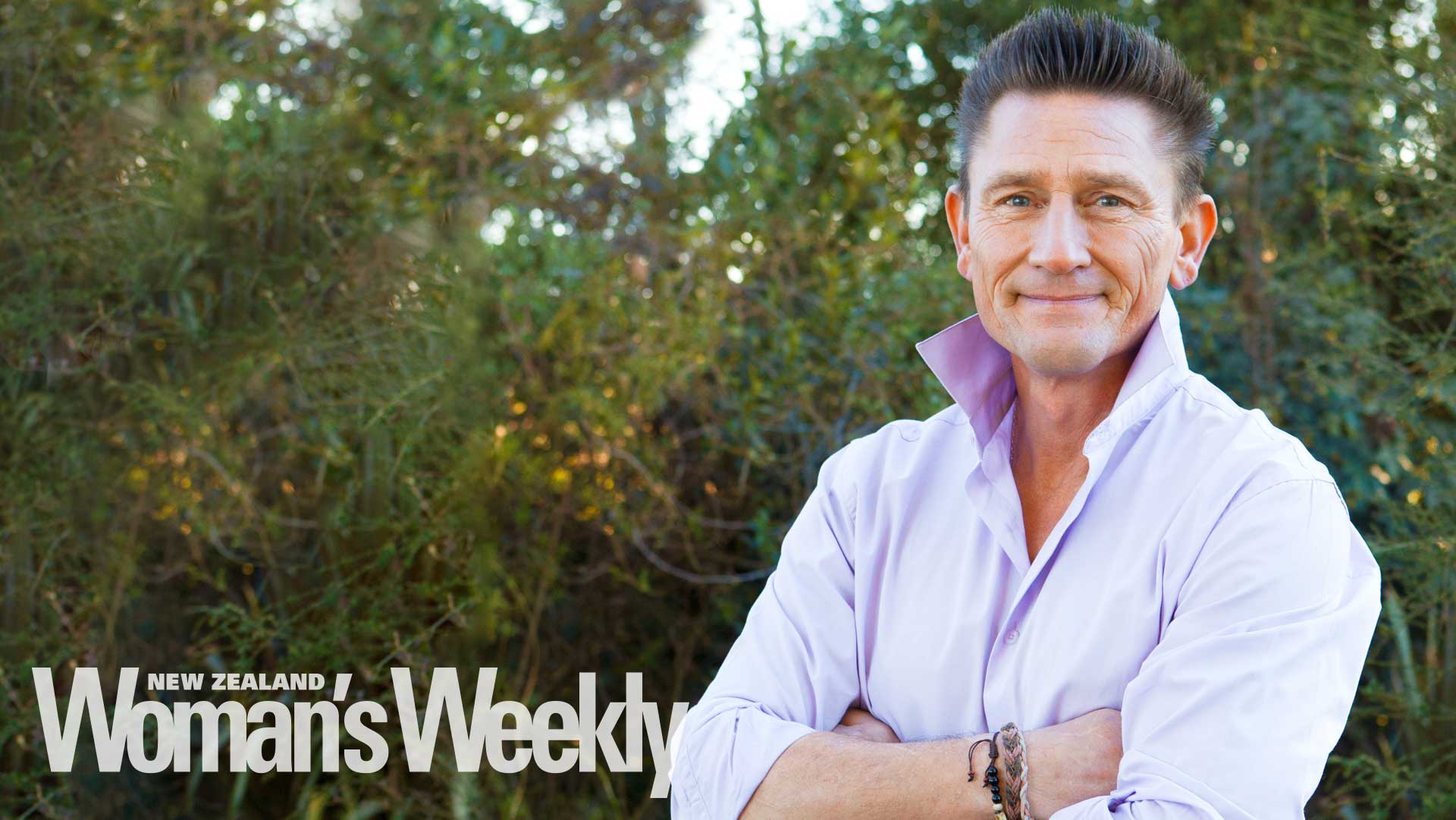It bears all the hallmarks of a horror movie – being told that a loved one will die in a few months unless you can come up with a large sum of money: $78,000 to be precise. But for Canterbury mum-of-four Sally-Anne Davis and her family, this is the stark reality.
There is, however, no masked phantom – just a little-known hereditary cancer gene called Lynch syndrome, which is attacking the immune system of her husband Jack, the father of their four children, Thomas, (21), Aimee-Anne (20), Poppy, nine, and Hunter, six.
The family has been told that Jack’s only chance of survival is a drug called Immunotherapy pembrolizumab, which has not yet been sanctioned in New Zealand and their native United Kingdom.
“This drug is our only chance to put the brakes on the cancer and rebuild Jack’s immune system,“ tells Sally-Anne from the family’s home in Loburn, near Rangiora, where they moved from Cheltenham, UK, in December 2003 in search of a better quality of life.
“The problem is, it hasn’t been sanctioned because there haven’t been enough trials done with this drug for people who have colorectal cancer. How many people are going to die before they fund it?”

Jack and Sally-Anne moved to NZ in 2003.
Oblivious to the health scares that were to come, the Davis family loved their new life in the fresh air on their lifestyle block.Jack (49) was working full-time as a carpenter and Sally-Anne (44) threw herself into training to become an early childhood teacher.
“Jack didn’t build our house, but he made everything inside it,“ smiles Sally-Anne. “We call it the house that Jack made.”
They had two more children, daughter Poppy and son Hunter, whom they call “our little Kiwis”. They only discovered Jack had Lynch syndrome in February this year, following a series of aggressive cancers, which started in 2013 with mouth and tongue cancer.
“It really was a bolt out of the blue – no symptoms, nothing,” tells Sally-Anne.
After beating that cancer, the family was hit by a new blow when in 2015 Jack was diagnosed with bowel cancer, and after gruelling treatment and the removal of 15 tumours, he beat that too. But worse was to come. After extensive tests, Jack was told in May this year that he has terminal cancer.
Lynch syndrome had been passed on by his mother Margaret (67). Little is known about the condition, which predisposes carriers to colorectal cancers at a young age, but it is estimated that one in 300 people could be carriers – with very few diagnosed.
Although Margaret herself had no symptoms, her mother, her sister and 26-year-old cousin all died from forms of cancer as a result of carrying the mutated gene.
“It is possible for someone to have Lynch syndrome and suffer no effects all their lives,“ explains Sally-Anne. “And then, suddenly… Bam! Full-blown cancer.”
After Jack’s shock diagnosis, Margaret got her own positive results just a few weeks ago and will undergo a full hysterectomy. She has also had some polyps removed to see whether they are cancerous.
“It is actually quite a common gene,“ says Sally-Anne. “But most of my conversations have been with people in England or the US. Not many New Zealanders seem to know much about it, which is why it is so important for people to be aware of it and to be tested.”
As Lynch syndrome is hereditary, Jack and Sally-Anne’s daughter Aimee-Anne, a qualified beautician, has already been tested – via two blood samples that are sent to Australia and take up to four months to process – and is also positive for the gene.
It means she will have to undergo regular tests throughout her life. The couple’s son, builder Thomas, is due to be tested soon. “We’ll have to wait 10 years before our younger children are tested, which seems so wrong,” tells Sally-Anne.
“Aimee found out Jack had been diagnosed as terminal the day she got her results, so that was a double ‘bam’.

With their kids (clockwise from left) Aimee-Anne, Thomas, Hunter and Poppy.
“Poppy gets upset the most, seeing her dad so sick. We all have our days when we break down in tears, but for the most part, we are trying to live life to the full and get on with it.”
Right now, that means raising funds via their givealittle page so that Jack can have a six-month treatment of injections, each costing $9800 at St George’s Hospital, a private facility in Christchurch.
“They order the drug and we pay for each injection every three weeks,“ says Sally-Anne. “He had his first dose last week and is a bit achy but doing okay. After the third injection, we will know if the drug is working – we just are hoping and praying for it to work.
“I recently spoke to a woman in the US who was diagnosed as terminal and by the fourth injection was given the all-clear. How amazing is that?
“We believe this is the miracle cure and we cannot wait years until it is sanctioned. We are running out of time. But we will not be beaten. My husband is too young to die and has so much to live for. We are bowled over by people’s kindness, but we still have about $25,000 to raise and every little bit helps. I hope that this story sheds some light on what is actually quite a common but unknown gene.”


